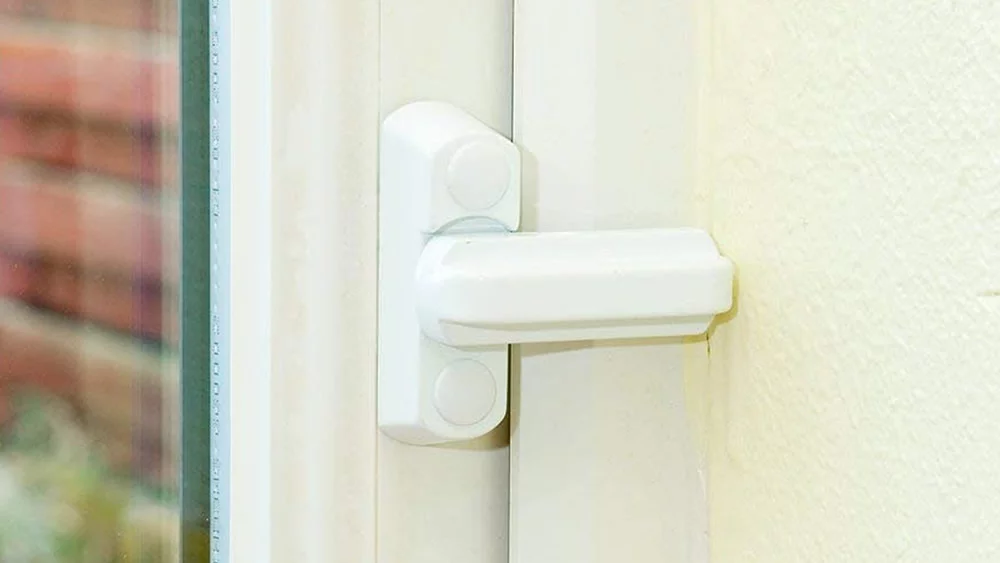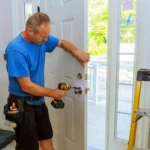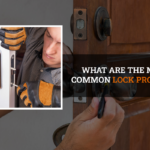So, you think you know what a locksmith does and how locks work? Well yes, you can take a good guess, it ain’t rocket science, but we thought we’d bring up a couple of popular assumptions that definitely need to be addressed. Actually, we might make this a recurring topic but this will get us started. Locksmiths need to be certified? Er, no. Sorry folks but you should be aware that anyone can call themselves a locksmith without any training whatsoever. And there’s definitely no mandated qualification such as for an electrician or gas safe engineer. So if anybody can say they’re a locksmith, how do you check you’re not calling a no good rogue trader or one just plain, no good no good Well, you do what you’d do when you research anything, go online. Wikipedia won’t help you but the website of the locksmith you’re thinking of calling should provide some answers. Does it offer confidence with its content? Are there customer reviews from Google or other independent sources? Have they been government DBS checked, vetted by trade sites like Checkatrade and endorsed by associations in their own industry? And if so, are there links to those reviews and sites to absolutely confirm all that good stuff? You know, like ours has. Just saying. Ultimately, most locksmiths are reputable and capable and you’ll be unlucky to pick a bad one but as in any industry, in any locality, there’s always a few to be found. We know. We’ve had to fix their mistakes. If anybody can be a locksmith, I can fit that new lock myself? You could of course, after all it ain’t rocket science, but a good locksmith does train and then perfects skills over years to ensure a lock is properly fitted. And your first time, are you certain you’re going to fit it correctly and have the right tools to do so? Because a lock that isn’t fitted correctly is apparent to all interested parties. You’ll worry every time you see it and a would-be burglar might see it once and only worry they’d better break in quick before someone else does. Also you should know your insurance company might turn down any subsequent claim because you did fit the lock yourself, making it ‘your fault’. They will ask the question. So why risk all that when a well trained professional locksmith will ensure a correct, peace of mind fulfilling, fitting job. And you know how to choose one now, don’t you? They’ll have an honest, informative website with lots of 5 star reviews about how good they are at lock fitting. Just saying.









